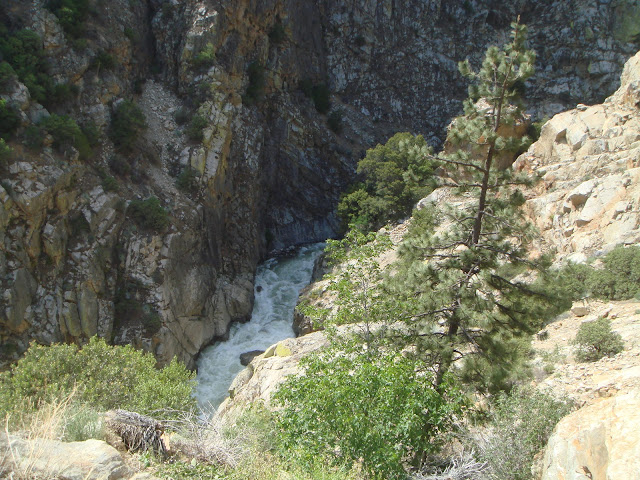A HOT TOPIC
A PLACE FOR PUBLIC BROADCASTING
A friend noted it first. We were watching the White House Salute to Motown on PBS on the same day that some so called budget cutters on Capitol Hill were taking aim at funding of public broadcasting.
Public Broadcasting has its enemies. It has also has its supporters, of which I am one.
Intelligent and thoughtful programming has long been its hallmark. It can get away with providing a level of quality because it is not subject to the tyranny of pleasing the lowest common denominator, which translates as ratings.
There should be a place on the airwaves, though most television is delivered via cable or satellite dish, for all manner of content. Mass audiences, and the attendant advertising seem to work for millions on commercial networks. Boundary pushing drama and comedy, some too boundary breaking for the old commercial networks, do exceptionally well on cable networks.
Some of the best, and most Emmy winning program comes from Cable, where again artists and programmers can take a chance, and celebrate artistry, creativity and not the "almighty bottom line of ratings=ad revenue." Cable seems to operate on the premise "build it (excellence of writing, acting, directing) and they will watch." And watch in enough numbers to make money.
PBS and NPR are even better. You will not only find even handed journalism, which is hard to find these days, you'll also find documentary, information, intelligent programming, superb drama and musical specials. The best of the best, actually. This nation needs a guardian of quality, class, civilization, intelligence and integrity.
Some of what does so well on Cable is probably offensive to some. The offended need not watch and, not being on the public airwaves, there is a kind of insulation. And while I have watched excellent creative output on Cable, some of it is exceedingly coarse or blue. I am not prude and not easily offended, but I have wondered what my parents, who were not prudes nor easily offended, might think of some of what passes for television today. The point of this example is America has become a more crass, in your face, less sophisticated, more obvious and I believe in many ways a more obnoxious place. Television has been one of the piped pipers of this descent.
Public television on the other has been, can be and should remain, a place where
standards are higher, where intelligence and smart creativity can find a berth.
The battle is not over, but it seems to me that foundations, private funders and corporate underwriters may have to pick up the slack, if those who simply don't "get" the value of Public Broadcasting, prevail in Congress. I hope the solution will leave us with a structure that allows public television to remain free of commercials. I have much to say about commercials, but I'll leave that for another day.
See you down the trail.



















































